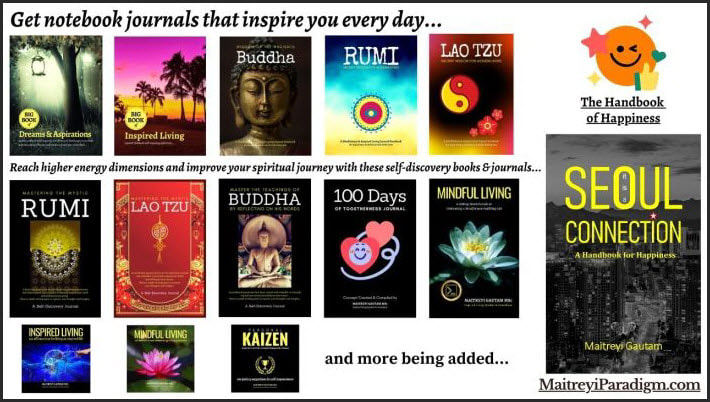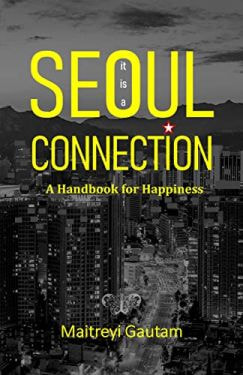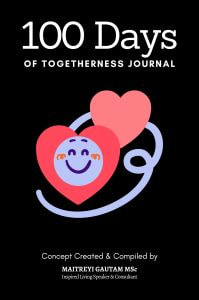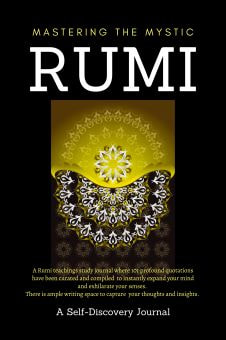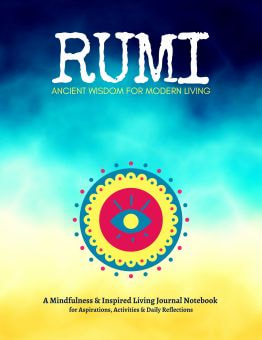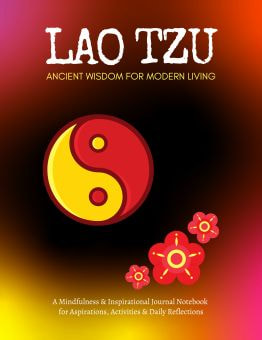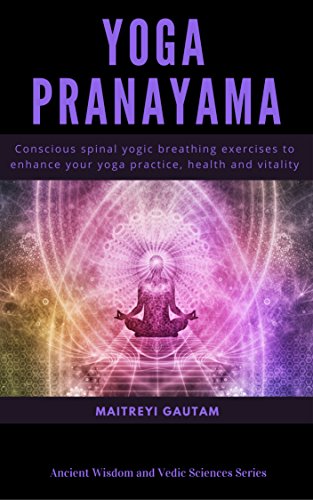To begin incorporating switch words into your mental and emotional health regimen, it is essential to first identify words that resonate with the feelings or states of being you wish to cultivate. For instance, if you are seeking to reduce anxiety and foster peace, a switch word like "CALM" might be appropriate. Alternatively, for overcoming sadness or depression, a word like "UP" could be used to elevate mood. The key is to choose words that directly counteract negative emotional states and promote positive ones.
Once you have selected the appropriate switch words, the next step is to integrate them into your daily life. This can be done through various methods such as repeating them silently to yourself, saying them out loud, writing them down, or even incorporating them into your meditation or mindfulness practices. When you use these words, it is important to focus intently on them, allowing their essence to permeate your thoughts and feelings. The repetition of these words acts as a mental cue, triggering a shift in your emotional state.
The effectiveness of switch words in improving mental and emotional health largely depends on consistency and belief in their power. Regularly using these words can help rewire thought patterns, replacing negative, self-defeating thoughts with more positive, empowering ones. It is similar to the concept of affirmations but more concise and direct, making it easier for the words to penetrate the subconscious mind.
Moreover, the practice of using switch words should be coupled with an awareness of one's thoughts and emotions. This involves observing your mental and emotional patterns without judgment and gently steering them towards positivity with the help of your chosen switch words. It is a way of actively managing your mental state, using the words as tools to navigate through emotional turbulence.
In addition to using switch words, it is important to engage in other healthy practices for mental and emotional well-being, such as regular exercise, a balanced diet, sufficient sleep, and social interactions. Switch words are not a standalone solution but rather a complementary tool that can enhance the effectiveness of these other practices.
In summary, using switch words for better mental and emotional health involves selecting words that resonate with the desired emotional state, incorporating them into your daily routine through repetition and focus, and maintaining consistency in their use. This practice, when combined with an overall healthy lifestyle and an awareness of one's mental and emotional patterns, can be a powerful tool in achieving and maintaining psychological well-being.

